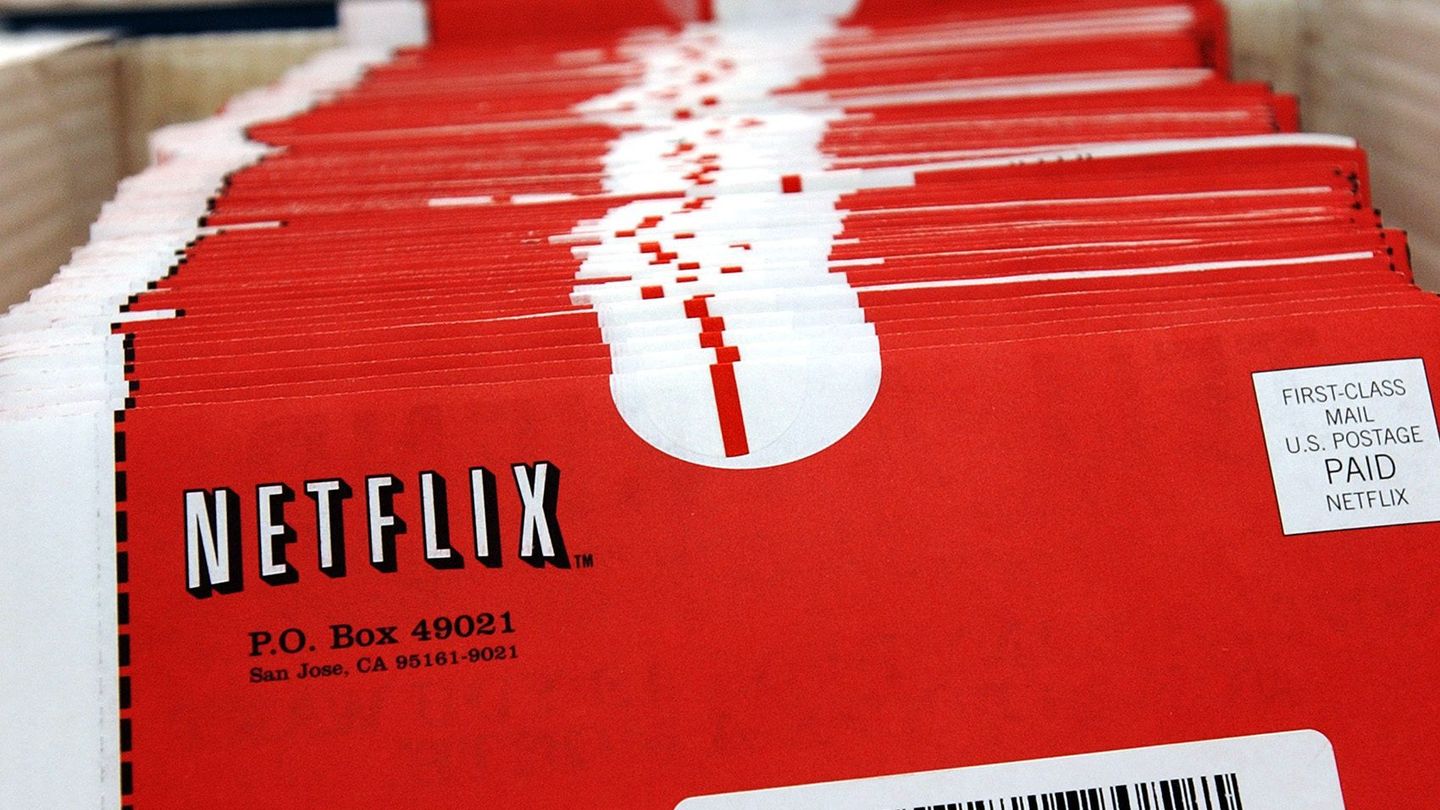
Culture -- 10 days ago

Discover the perks of being a member
| Clubhouse Membership | |
|---|---|
| Quarterly MagazineDelivered to your door | |
| Unlock DigitalAccess to all member-only online features | |
| Exclusive Interviews and FeaturesIn-depth stories and insights. | |
| Membership Cardto redeem all the perks. | |
| Members Invites to private Clubhouse events | |
| Weekly newsletter Straight to your inbox | |
To receive the latest in style, watches, cars and luxury news, plus receive great offers from the world’s greatest brands every Friday.
